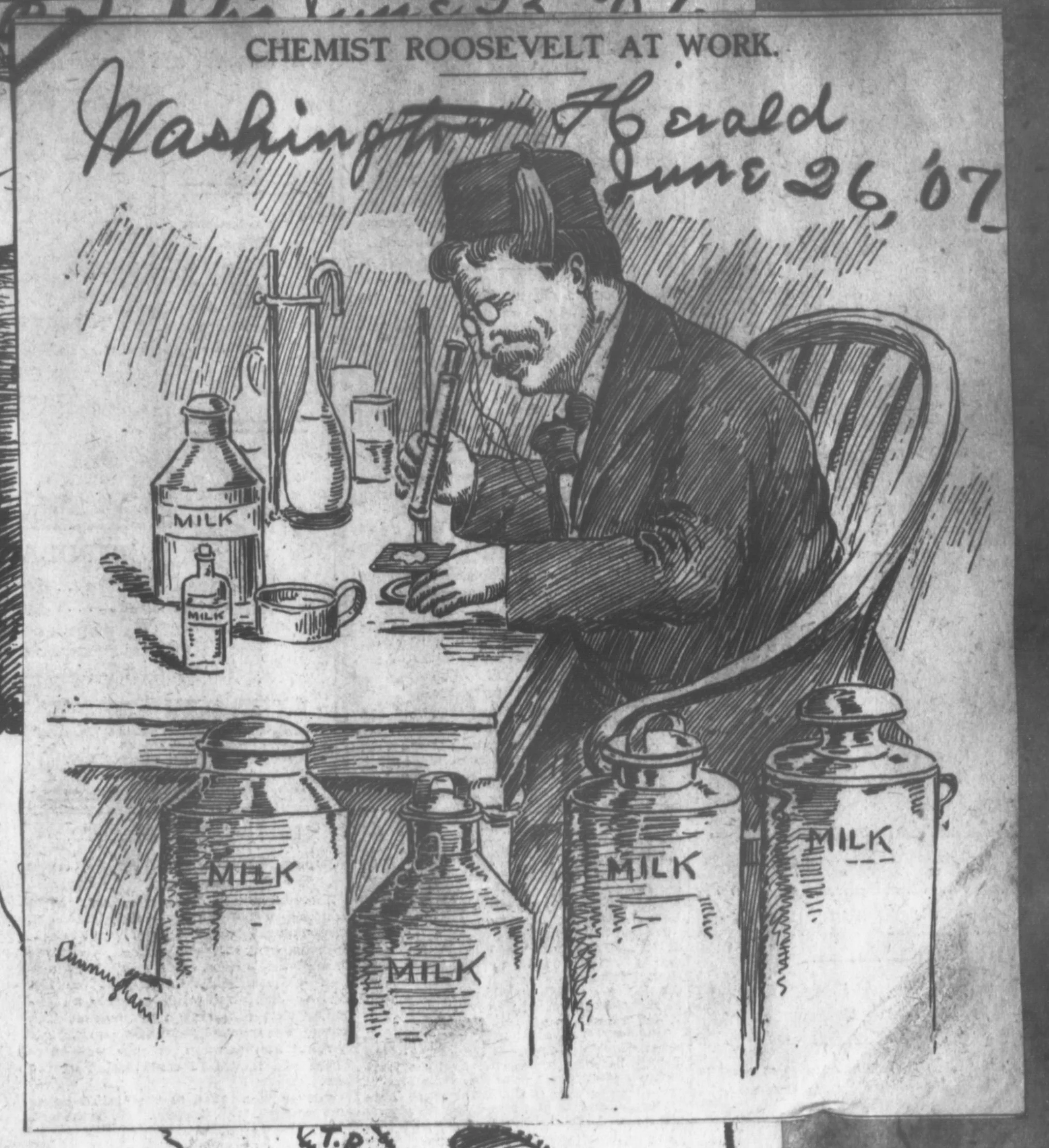History of Medicine Week: Public Health
The American Association for the History of Medicine ( AAHM) is hosting the second annual History of Medicine Week October 6-11, to demonstrate the value of the history of medicine to a larger audience.
Following lessons learned during the Civil War, the medical profession advocated for expanded public health measures to combat disease. Politics and medicine intersected with the passage of the Pure Food and Drugs Act of 1906, signed by President Theodore Roosevelt. Articles published in the Kentucky Medical Journal supported vaccinations and sanitary reforms based on medical knowledge despite political opposition.
“The measures prescribed by the medical men are wholesome, but they are scorned and ridiculed by persons whose very official position should prompt them to assist rather that to oppose the medical men’s noble work…It would seem a better policy for those officers to favor sanitary measures commanded by the Board of Health…rather than arouse opposition and promote retrogression.“
Kentucky Medical Journal. April 1907, p.41.
The preservation of the public health everywhere is a proper subject of legislation—the public mind is becoming more and more awakened to the subject, and in spite of the asinine objections of some incompetent and ignorant miserly office holder, laws ae being enacted that will greatly remedy the evils that have so unnecessarily afflicted the human race.
Kentucky Medical Journal, January 1909, p.46.
